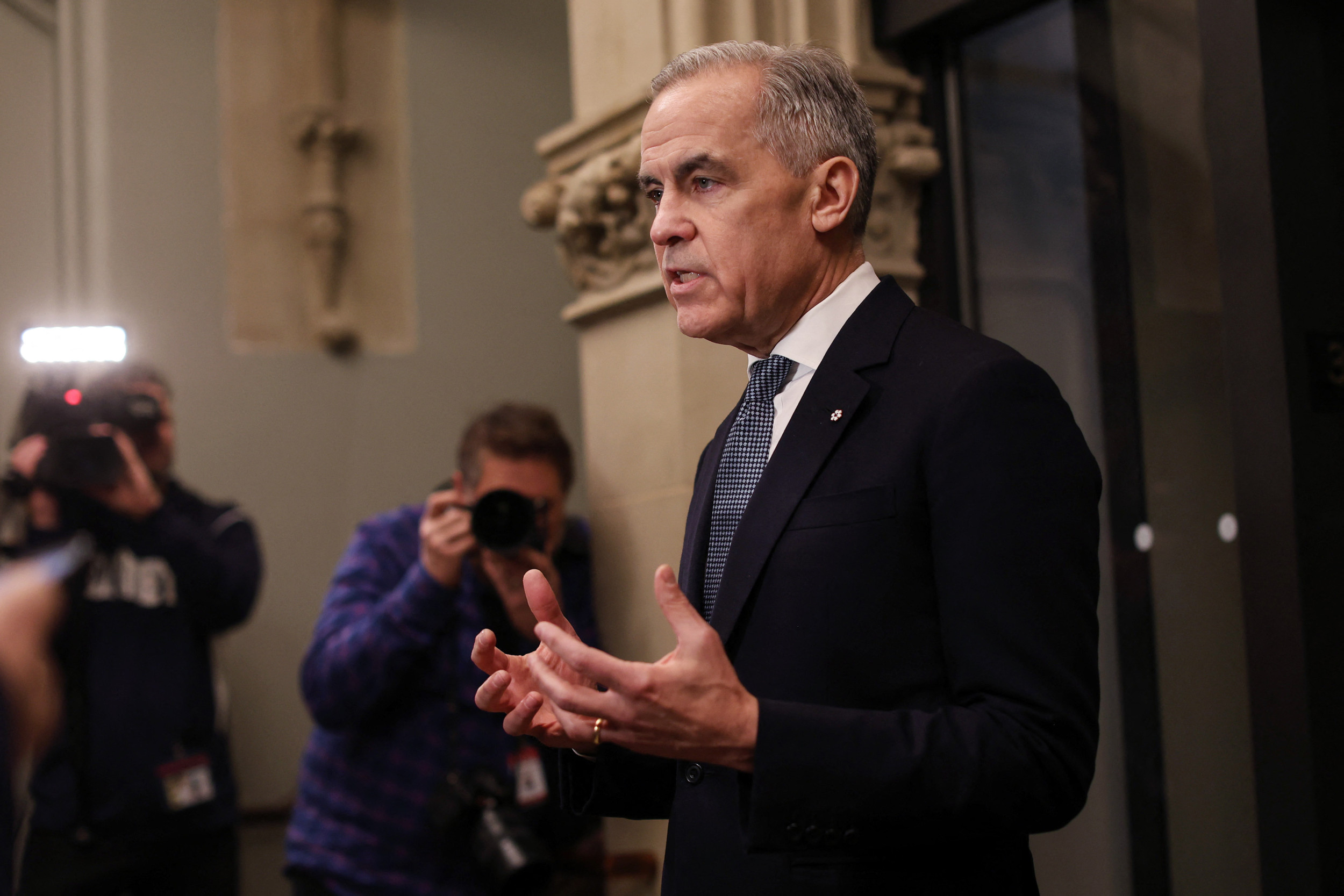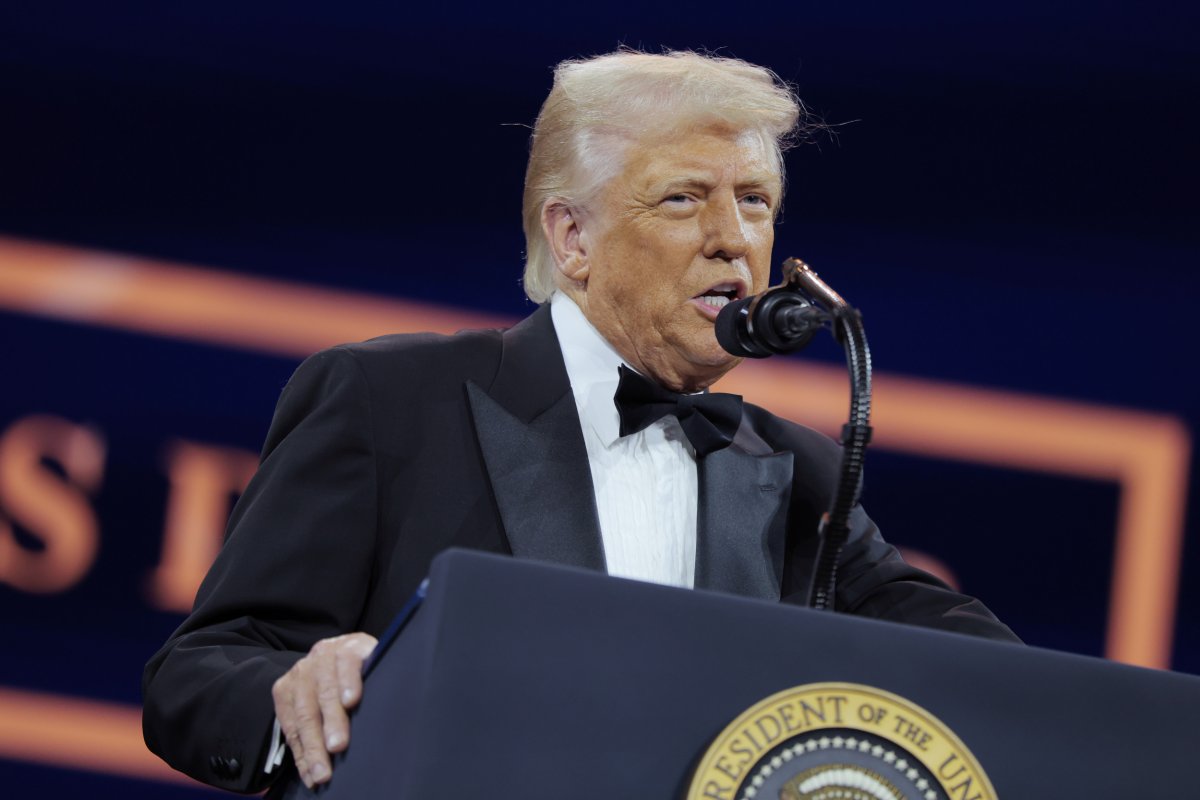President Donald Trump’s “reciprocal” tariffs on dozens of countries took effect on Wednesday.
The new duties, which were announced on April 2 in a speech delivered from the White House Rose Garden, are in addition to the 10 percent tariff the president placed on all global imports beginning on April 5.
According to the administration, the measure will correct long-standing global trade imbalances that have disadvantaged the U.S. and motivate companies to relocate their manufacturing operations in the country.
Since Trump’s announcement, several countries have sought trade talks with the administration, hoping to reduce the rates at which their exports will be taxed. The new duties include a 20 percent tariff on goods from the European Union, 25 percent on South Korean imports and 24 percent on Japanese imports.
China, meanwhile, has responded with its own tariffs while vowing to “fight till the end,” raising concerns of a prolonged trade conflict.

Stock Markets Mixed as Tariffs Kick In
Global stock markets were shaky as the tariffs took effect, with China up despite its escalating trade war with the U.S.
Hong Kong’s Hang Seng Index closed 0.7 percent higher on Wednesday. China’s CSI 300 and SSE Composite were up 1.0 and 1.3 percent, respectively, while the MSCI China gained 1.4 percent.
Things in Japan were less sunny, with the Topix index falling 3.4 percent and the Nikkei 225 down 3.9 percent. South Korea’s KOSPI ended the day 1.7 percent lower.
The Euro Stoxx 50 was down 2.4 percent in late trading, the Stoxx Europe 600 was down 2.8 percent, while the FTSE 100 was down 2.4 percent.

Canada Gives New Lifeline on Trump Tariffs
-
Russia Could Help China Resist Trump’s Trade War
-
Trump Trade Adviser Insists New Tariff Exclusion Is ‘Not an Exclusion’
-
Trump Exempts Phones, Computers From Reciprocal Tariffs: What to Know
On Wall Street, as 10:11 ET, the Dow Jones Industrial Average was up 0.4 percent, the S&P 500 was up 0.7 percent, while the Nasdaq Composite had gained 1.5 percent.
Divisions at Home and Anxiety Abroad
A growing chorus of House and Senate Republicans have called out Trump’s trade policies and the unilateral way they were implemented. The reciprocal tariffs have also led to divisions within the administration itself.
Elon Musk—the outgoing leader of the Department of Government Efficiency—has continued to launch insults at Peter Navarro, Trump’s senior counselor for trade and manufacturing.
Musk described Navarro as “truly a moron” and “dumber than a sack of bricks” after the aide dubbed the Tesla CEO a “car assembler” and suggested the foreign-sourced components in his vehicles could be behind his opposition to the tariff plans.
“Boys will be boys,” White House press secretary Karoline Leavitt said in response to the spat. “And we will let their public sparring continue.”

Countries are hoping the administration will shift its stance on the permanence of the tariffs, with Treasury Secretary Scott Bessent saying almost 70 nations had reached out to negotiate down their duties.
Speaking at a National Republican Congressional Committee dinner on Tuesday, Trump said countries were “kissing my ass” and “dying to make a deal” to avoid the effects of the reciprocal tariffs. Besides Israel and Japan, however, few have received an audience with the administration so far.
While Trump ruled out pausing the tariffs, he suggested that he might be open to making “fair deals.”
The additional 50 percent tariffs Trump threatened to place on Chinese imports took effect on Wednesday, after Beijing missed the deadline to remove its 34 percent retaliatory duties on the U.S. As a result, Leavitt confirmed on Tuesday, the combined rate of tariffs on Chinese imports reached “104 percent.”
“China also wants to make a deal, badly, but they don’t know how to get it started,” Trump wrote on Truth Social on Tuesday. “We are waiting for their call. It will happen!”
China has shown no signs of blinking in response to the staggering new tariffs on its exports, with its Ministry of Commerce calling them “a typical example of unilateral bullying.”
On Tuesday, the ministry wrote on X, formerly Twitter, “Should the U.S. persist in this reckless course, China will respond resolutely until the end.”
“Beijing has not made a single substantive reform in response to Trump’s tariffs,” Ryan Young, a senior economist at the Competitive Enterprise Institute, said in a statement on Monday. “This round will not go any better than the others. Tariffs do not work as a negotiating tool, and it is time to put them away.”
“What do we lose by the Chinese raising tariffs on us?” Bessent said on Tuesday. “We export one-fifth to them of what they export to us, so that is a losing hand for them.”




